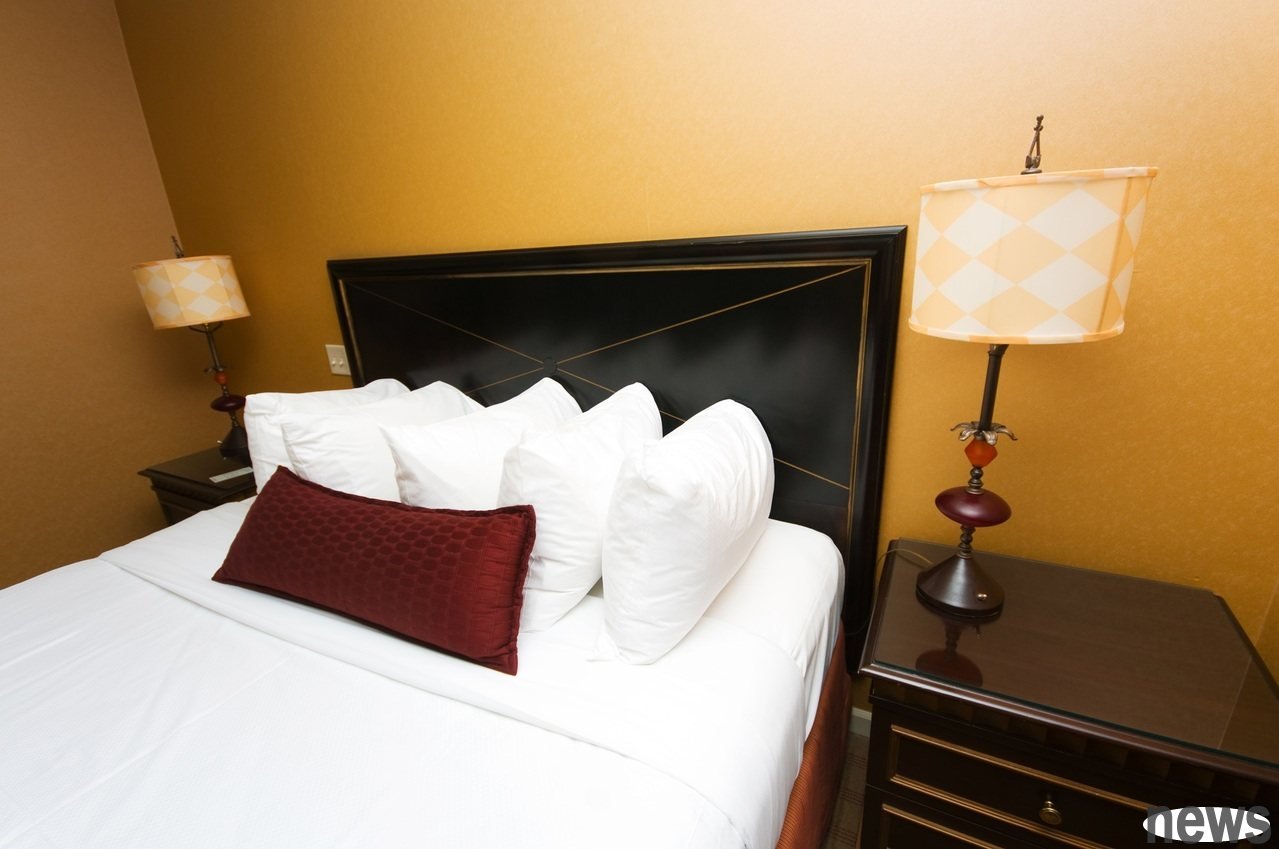Travel hotels sometimes seem to be opening blind boxes, and it is difficult to determine whether they will "step on landmines" before entering the room. The Washington Post visited several travel experts, who asked the following 7 points t...

Travel hotels sometimes seem to be opening blind boxes, and it is difficult to determine whether they will "step on landmines" before entering the room.
The Washington Post visited several travel experts, who asked the following 7 points to help tourists find out as early as possible whether there are any problems with the hotel they are scheduled to stay in.
1. Abnormal booking websiteDavid Eisen) suggests that before placing an order, check the booked website and spelling of hotel names and URLs, so as not to be afraid or even have no place to live.
Eisen said that some criminals will slightly adjust the actual website or hotel names and design fake websites that will scare people. John E. DiScala, founder of
travel information website JohnnyJet.com, also reminded that even if a hotel is correctly searched online, a problem may still occur.
He said: "Don't search for hotel names on Google and click on ads, because many are cheating."
2. Too low or too high ratingsHotel reviews can help travelers understand where they are living, but it's not enough to just look at the overall rating.
Mychal Milian, a professor at the International University of Florida, said he would knock on the alarm if he did not see the recent comments, only the highly positive comments or the hotel did not respond to any comments.
Recep Karaburun, a professor in the Department of Hospitality Management at New York University, also said that special attention should be paid to the number and content of lower-rated comments, and analyzed that these comments were from individual dissatisfied customers or pointing to a whole negative trend.
Calablan also said that he would pay attention to whether the comments mentioned some situations where the hotel party could not control or actively improve, such as construction, stained or noisy traffic.
Susan Barry, a hotel marketing expert, also mentioned that you can view how hotel employees respond to guest comments, whether to copy and paste the same content, or take the time to respond sincerely.
She said that if the hotel only chooses to respond to positive comments sexually, it is a bad sign, indicating that they will not respond positively and solve passengers’ problems.
3. Unbelievable photosProfessor Mirian reminds that hotels should display photos that can show the hotel's actual appearance, so if you find that the website displays library photos, non-professional photos or random pictures, you should be very careful.
Chekitan S. Dev, a professor at the School of Hotel Management at Cornell University, also said that travelers should conduct some reverse searches to ensure that the photos reflect the real situation: for example, looking for photos in comments or articles about hotels to verify whether the content you see on the official website is real.
4. Too favorable pricesProfessor Mirian also mentioned that if you see a hotel online that is much cheaper than other nearby accommodations, he will ask the reason and confirm whether there will be hidden fees such as WiFi, parking or other facilities.
He said low prices could bring traps or hidden risks, such as poor services or old equipment, or representative hotels are located in communities with higher crime rates.
Professor Dave also advises not to live in such areas, but if it cannot be avoided, it is necessary to confirm that the hotel has complete safety measures: check whether the entrances and exits are strictly controlled, whether there are all-weather security personnel, and whether the elevator requires room keys to enter the building.
5. The simplistic large hallProfessor Mirian reminds that you must start checking as soon as you walk into the hotel. If the large hall is in a bad mood, there are too many air fresheners, or there are obvious maintenance problems, it may mean that the entire hotel is of poor quality, including various rooms. Professor
Kalablan also said that the building can be used as a standard for measuring other places: if the public hall is not clean, it means they are not concerned about the hotel environment.
6. Interact with hotel service staffProfessor Dave suggested that you can try to call the hotel before booking a room to evaluate the employee's professionalism, response speed and professional knowledge.
He said that if it takes a lot of time to wait or go through a complicated transfer process to talk to the service staff, or the hotel staff has a poor workforce, it is not a good sign.
Barry also said that if you have been waiting for a long time after arriving at the hotel, or if the hotel does not handle it actively after reporting a equipment failure, it may also mean that you have chosen a wrong place to stay.
7. Dirty roomFinally, Professor Dave reminded that if the room you live in has old furniture, unopened lights, unchanged temperature or noisy air conditioning, guests can request a room change. Professor
Kalablan said that a clean environment and old furniture and TVs are bad phenomena, but it may be too bad to give up the accommodation at this time, so you must confirm the relevant policies for canceling reservations and refunding the accommodation fees.